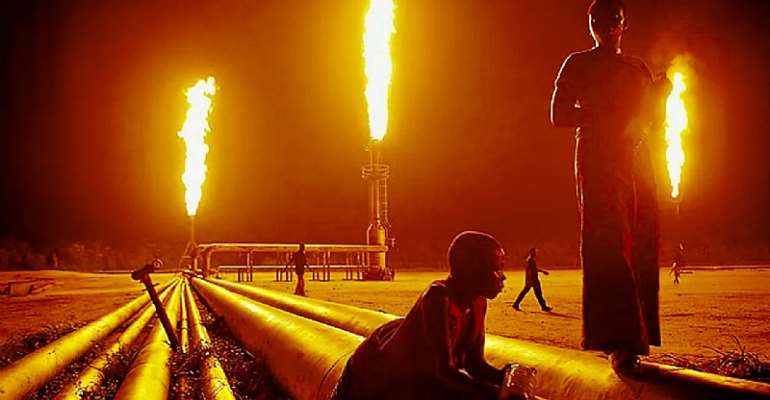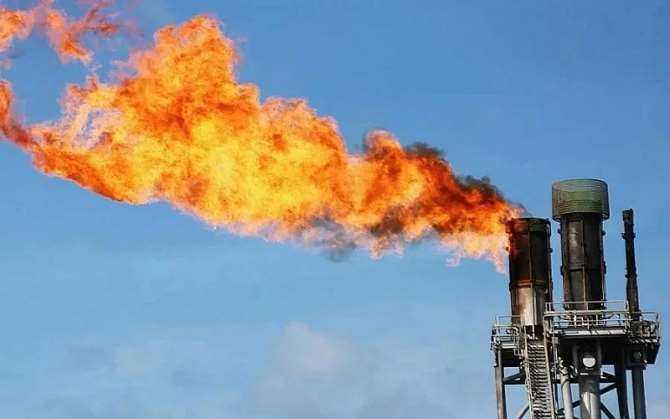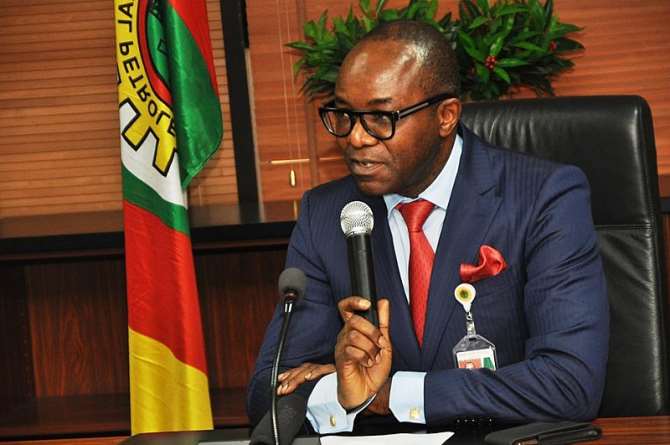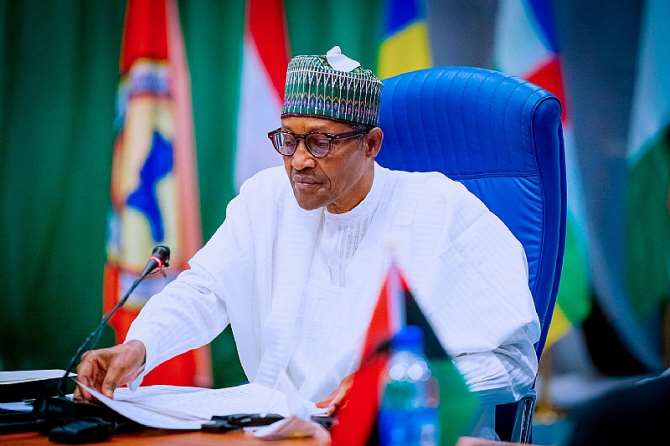Nigeria- New Commitment to Exterminate Gas Flare

Nigeria is a gas-rich country with about 209 Trillion Cubic Feet (TCF) of gas reserves, according to figures from the Nigerian Upstream Petroleum Regulatory Commission (NUPRC) as of January 2022. The country ranks 9th in global gas production.
While the country has been making efforts to deepen domestic gas utilisation through initiatives such as the Decade of Gas program, National Gas Expansion Program (NGEP) and the Nigerian Gas Flare Commercialisation Programme (NGFCP), gas flare has remained a major problem.
Unlike in most gas producing countries where the forces of demand and supply determine prices, Nigerian government regulates domestic gas prices, which makes gas a bit unprofitable for oil exploration and production companies, thereby resulting in these companies flaring this gas
Despite its effort to curtail gas flaring, Nigeria flared 6,947.02 Billion Cubic Feet (BCF) of gas between April 2020 and April 2021, according to data obtained by Majorwaves from the Nigerian National Petroleum Company (NNPC) Limited Monthly Financial and Operations Reports.
Gas flaring in Nigeria
Gas flare extermination history
Notwithstanding huge gas deposits, Nigeria’s economy largely depends on oil. According to some experts, this is because of the failures of successive governments in the country to focus and explore other natural resources, which the country possesses. This, unfortunately, has led to loss of revenues that could have been generated from gas, and other natural resources.
In an article, ‘Nigeria: Gas Flaring In Nigeria: Challenges & Investment Opportunities’, Aderonke Adejugbe and Bayo Onamade in an article stated: “It is however worthy to note that whilst statistics may not be accurate, the quantity of gas flared in Nigeria exceeds over 40 percent of the gas flared annually across Africa, which amounts to about $7billion in waste.
Apart from economic waste being a consequence of gas flaring, flared gas is also known to contain toxic substances which cause respiratory diseases and air pollution, leading to depletion of the ozone layer, ultimately having an adverse effect on weather and climate.”
In 1979, the country came up with its first regulatory framework aimed at promoting anti-gas flaring policies, known as the Associated Gas Reinjection Act, 1979. Under the Act, oil and gas producing companies in the country were required to submit to the minister for petroleum, detailed programmes in relation to the re-injection of produced associated gas or programmes for the use of produced associated gas.
The Act also provided for the deadline for gas flaring in the country as stipulated by the Federal Government to be 31 December 1974. Till date, this deadline is yet to be met despite several extensions through a succession of bills and amendments of laws.
In recent years, the Federal Government had initiated a number of actions to reaffirm its commitment to ending the practice of gas flaring in the country’s oil fields. As part of its commitment, the government ratified the Paris Climate Change Agreement, and is a signatory to the Global Gas Flaring Partnership (GGFR) principles for global flare-out by 2030. It also committed to zero flare of gas by year 2020, which unfortunately, did not come to realization.
The continuous flaring of gas in the country may not be unconnected with lack of political will on the part of successive government in the past; unavailability of the infrastructure required to control gas flaring; unavailability of market for domestic gas products; and the low price of gas in the country.
NGFCP
Former Minister of State for Petroleum Resources, Dr. Ibe Kachukwu
The former Minister of State for Petroleum Resources, Dr. Ibe Kachukwu, on December 13, 2016, launched NGFCP, following an approval by the Federal Executive Council. This was in recognition that flared gas could be harnessed to stimulate economic growth, drive investments and provide jobs in oil producing communities and indeed for Nigerians through the utilization of widely available innovative technologies.
“The NGFCP is designed as the strategy to implement the policy objectives of the FGN for the elimination of gas flares with potentially enormous multiplier and development outcomes for Nigeria. The objective of the NGFCP is to eliminate gas flaring through technically and commercially sustainable gas utilization projects developed by competent third party investors who will be invited to participate in a competitive and transparent bid process. The commercialisation approach has been considered from legal, technical, economic, commercial and developmental standpoints.
“It is a unique and historic opportunity to attract major investment in economically viable gas flare capture projects whilst permanently addressing a 60 year environmental problem in Nigeria,” NGFCP stated on its website.
“The NGFCP will offer flare gas for sale by the Federal Government of Nigeria through a transparent and competitive bidding process. A structure has been devised to provide project bankability for the Flare Gas Buyers, which is essential to the success of the Programme.”
Subsequently, Kachikwu in April 2019, inaugurated the Ministerial Steering Committee of the NGFCP to evaluate the bid for the 178 flared sites that have been identified in the country. This was after over 800 companies expressed their interest to manage the identified 178 gas flared sites. Each of the bidding companies was to make a compulsory payment of $1,000 fees to back their bids.
The Ministerial Steering Committee was to recommend the best governance structure prior to the Department of Petroleum Resources (DPR) carrying on with the programme as a statutory function immediately after the first auction rounds.
However, nothing was done until after 10 months. The former Director of the Defunct Department of Petroleum Resources (DPR), Engr Sarki Auwalu, disclosed at NGFCP bidders’ conference in February 2020, that 200 companies had been shortlisted, following the evaluation of statements of qualification. He subsequently declared that 45 gas flare sites would be put up for auction in the first phase of the programme.
In June 2020, the Department announced that the NGFCP is being delayed by six weeks due to COVID-19 related travel restrictions, thus limiting the involved stakeholder’s ability to access to flare points. The first phase of the programme was expected to resume once travel restrictions eased.
“In response to the prolonged lockdown due to Covid-19 Pandemic and the attendant consequences on daily business operations and commercial activities across Nigeria, the Department of Petroleum Resources has extended the NGFCP Bid Submission Due Date by a period of 1 month. Accordingly, all Qualified Applicants are hereby notified that the NGFCP Bid Submission Due Date has been extended to June 4, 2020,” a statement dated June 4, 2020, signed by Dr Musa M. Zagi, on behalf of the defunct DPR , read partly.
Attributing the delay of the scheme to the 2020 oilfields marginal bid round, the Minister of State for Petroleum Resources, Chief Timipre Sylva, late May 2021, said that with the licensing round off the table, the government would focus on the NGFCP and see to its completion before the end of June 2021.
He assured that the Federal Government will award licences under the NGFCP to qualified bidders as part of efforts to meet zero gas flare target in the country and expand its gas footprint.
Early in May 2021, the World Bank listed Russia, Iraq, Iran, the United States, Algeria, Venezuela and Nigeria, as the top seven gas flaring countries in the last nine years.
Similarly, the Bretton Woods institution said the seven countries produce 40 per cent of the world’s oil each year but account for nearly two-thirds, representing 65 per cent of global gas flaring.
In 2019, about 320 billion Cubic Feet of Gas (BCF) was flared, while the Federal Government and local operators lost approximately 90.9 billion cubic feet of natural gas due to gas flaring in the period from January to May 2020. Authorities put the estimation of the financial loss at close to $230 million during the five months.
Nigeria is a signatory to the Paris Climate Change Agreement, and on paper adheres to the Global Gas Flaring Partnership (GGFR) principles for global flare-out by 2030. But this shaky start is already casting a shadow over the realisation of the 2030 target. The delay being witnessed in the bidding process of the NGFCP, appears to be more of a bureaucratic issue than unforeseen circumstances.
Impacts of gas flare on oil-producing communities
Gas flare has been a continuous practice in Nigeria for over 50 years, and the oil-producing communities in the Niger Delta are the ones bearing the brunt. As a result of gas flare and oil spillage, there are now some manifestations of the climate change crisis in the area, in the form of the disappearance of wildlife, fish in rivers, creeks, and fresh waters of the Delta, excessive heat, shrinking vegetation, which has affected farming.
A report by the Amnesty International in 2009, which examined oil spills, gas flaring, waste dumping and other environmental impacts of the oil industry, called the situation in the Niger Delta a “human rights tragedy,” saying that the people of the region have seen their human rights abused by oil companies that their government cannot or will not hold to account.
PIA
buhari signs PIA
As part of the renewed efforts to address gas flaring, the country’s new Petroleum Industry Act (PIA) mandates a licensee or lessee who engages in upstream and midstream petroleum operations to within one year of effective date, or six months after the grant of licence or lease to submit for approval an environmental management plan in respect of projects which require environmental impact assessment to the Commission (Nigerian Upstream Petroleum Regulatory Commission) or the Authority (Nigerian Midstream and Downstream Petroleum Regulatory Authority) as the case may be.
“As a condition for the grant of a licence or lease and prior to the approval of the environmental management plan by the Commission or Authority, a licensee or lease shall pay a prescribed financial contribution to environmental remediation fund established by the Commission or Authority, as the case may be, for rehabilitation or management of negative environmental impacts with respect to the licence or lease,” section 103 (1) of the Act states.
The Act also states that in determining the amount of the financial contribution, the Commission or Authority shall take into consideration the size of the operations and the level of environmental risk that may exist.
It further states that except in the case of an emergency, pursuant to an exception granted by the Commission, or as an acceptable safety practice under established regulations, a licensee, lessee or marginal field operator that flares or vents gas commits an offence under the Act and is liable to a fine.
NUPRC shortlists 139 companies for NGFCP 2022
.
The NUPRC re-launched NGFCP in October 2022, with the intention to drive down gas flaring in the country and harness flared gas for economic use.
According to a statement by the Commission, 300 bidders entered for the scheme. After review, the Commission has shortlisted 139 companies.
“NUPRC is pleased to notify all interested parties, registered parties, the investor community, and the general public of the conclusion of the Request for Qualification (RFQ) phase of the Nigerian Gas Flare Commercialisation Programme (NGFCP) 2022 in line with the accelerated delivery schedule.
“You may recall that in furtherance to the Petroleum Industry Act 2021 (PIA), the NGFCP was restructured for enhanced value to investors, following in-depth assessment of current industry gas flaring situation and prevailing operational realities, coupled with changes in the socio-economic landscape since the NGFCP was initially conceived,” NUPRC said in the statement.
“The commission is pleased to announce that 300 companies registered their interest to revalidate their prequalification status and submit Statement of Qualification (SOQ) as existing bidders and new participants, respectively.
“Following successful conclusion of the SOQ evaluation exercise conducted by the Bid Evaluation Team (BET), a total of 139 applicants were deemed successful and awarded the qualified applicant status in line with the provisions of the RFQ,” the regulator stated.
The Commission informed that “All qualified applicants shall receive further communications via their respective contact addresses and the NGFCP portal (ngfcp.nuprc.gov.ng) accordingly.”



